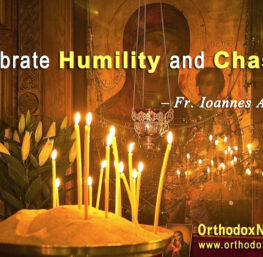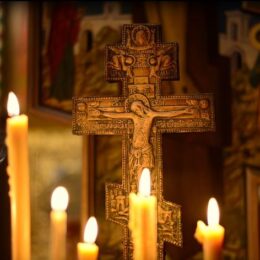Front Page Magazine | Myron Magnet in City Journal | July 30, 2007
Two April days threw a clarifying light on the state of race in America. On the 11th, North Carolina’s attorney general exonerated three white Duke students of the rape charges that a black stripper had lodged with much press fanfare a year earlier. The next day, CBS fired shock jock Don Imus for calling black Rutgers women’s basketball players “nappy-headed hos.” Between them, these events suggest an explanation for America’s most vexed social question: in a country whose chief domestic imperative for 50 years has been ending racism and righting long-standing wrongs against blacks—with such success that we now have an expanding black middle class, a black secretary of state, black CEOs of three top corporations, a black Supreme Court justice, and a serious black presidential candidate—how can there still exist a large black urban underclass imprisoned in poverty, welfare dependency, school failure, nonwork, and crime? How even today can more black young men be entangled in the criminal-justice system than graduate from college? How can close to 70 percent of black children be born into single-mother families, which (almost all experts agree) prepare kids for success less well than two-parent families?
The legacy of slavery and racism isn’t the reason, economist Thomas Sowell has long argued. That legacy didn’t stop blacks from raising themselves up after Emancipation. By World War I, Sowell’s data show, northern blacks scored higher on armed-forces tests than southern whites. After World War II and the GI Bill, black education and income levels rose sharply. It was only in the mid-1960s that a century of black progress seemed to make a sudden U-turn, a reversal that long-past events didn’t cause. Beginning around 1964, the rates of black high school graduation, workforce participation, crime, illegitimacy, and drug use all turned sharply in the wrong direction. While many blacks continued to move forward, a sizable minority solidified into an underclass, defined by self-destructive behavior that all but guaranteed failure.
What was going on in the mid-sixties that could explain such a startling development? Political scientist Charles Murray gave the first answer to that question: welfare benefits sharply rose just at that moment. Offering more purchasing power than a minimum-wage job, the dole, he argued, provided an economic incentive for women to have out-of-wedlock babies and for their boyfriends to live off their welfare payments, too.
A decade after Murray, I suggested that, though welfare was part of the answer, the real explanation was larger. It was cultural, not economic. Begun by the elites, vast changes reshaped mainstream attitudes in the 1960s. Sex became fine outside marriage, and illegitimacy lost its stigma. Drugs were cool; social authority and tradition weren’t. America was deemed a racist, unjust society that victimized and impoverished blacks, who could rarely better their condition and who therefore deserved generous welfare benefits as reparations for past and present oppression. If blacks committed crime, the system that drove them to it, out of poverty or as an act of protest, was at fault: we shouldn’t blame the victim, as the saying went—meaning the poor criminal, not his prey. Since people shape their actions according to the ideas and beliefs they hold, when these new attitudes reached the inner cities, what could result but an epidemic of social dysfunction?
. . . more




Dean in the ACLU thread you wrote:
The organization of which you speak is, under our Constitution, the government, the same government you put such confidence in when it comes to economic issues that you refer to in the Fisherman thread
Which is it do we need to be protected from our government and their encroachments upon or liberty and rights or must be give them more money, authority and power so that the poor will have compassion that does not come from anyone else but liberals?
Once again you demonstrate a terrific confusion, not only do you confuse political ideology with the teachings of the Church, you confuse your ideologies too. Wow, must be tough keeping track of everything you are supposed to believe to be righteous and compassionate, huh?
There is far more inconsistency in your positions Dean than in those you label “conservative” Christians (whatever that means, I am sure it is meant to be pejorative). {BTW if you are not willing to conserve the Christian faith, you really aren’t Orthodox}